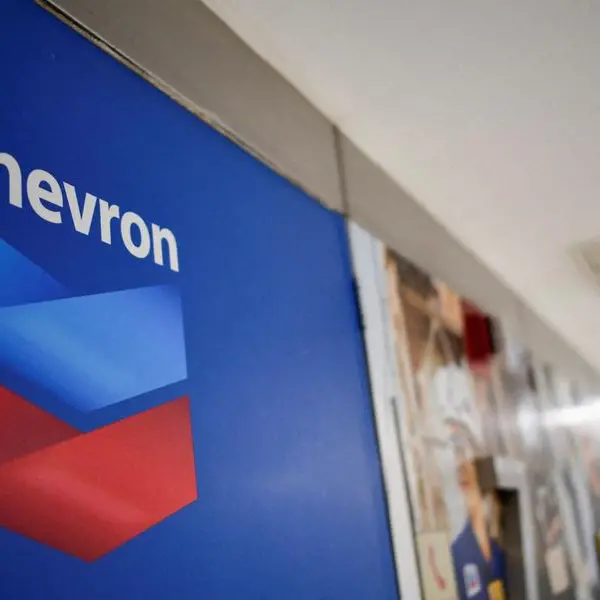PHOTO
ORLANDO, Florida - Nvidia's share price slump after its strong, but not exceptionally strong, second-quarter results raises a broader question for U.S. stocks: Are 2025 earnings growth forecasts too optimistic?
The aggregate 2025 earnings growth forecast for S&P 500 companies has risen steadily from 13.7% in April to 15.3% today, according to LSEG/Refinitiv. That's well above the 10.2% growth projected for this year and among the strongest rates seen this century.
Still, these lofty predictions could be realized assuming the Federal Reserve steers the economy toward a soft landing and lops off at least 200 basis points from the fed funds rate by the end of next year, as markets currently expect.
Two major economic data points last week indicated that the "Goldilocks" conditions needed to back up these rosy forecasts are in place: Second quarter GDP growth was revised up to 3.0% and annual core PCE inflation in July was a lower-than-forecast 2.5%.
On a three-month annualized basis, core PCE inflation is tracking 1.72%, below the Fed's 2% target.
That's obviously very good news for corporate America. If steady disinflation continues to sustain real wage growth, company executives can expect demand for their goods and services to hold up.
Indeed, CEOs and CFOs of S&P 500 firms mostly offered upbeat guidance in the season that just closed, especially around "key financial terms" such as earnings, revenue, and margins, according to an HSBC analysis of company earnings calls.
But there's a problem. Revenue.
MIND THE GAP
While nearly 80% of large U.S. firms registered beats on earnings in the second quarter, only 60% outperformed sales expectations. That's one of the lowest levels of sales beats in the last 17 quarters, according to HSBC, and below the average of 62% over the last two decades, according to LSEG/Refinitiv.
Aggregate revenue for S&P 500 companies is currently expected to grow by 6% next year, according to LSEG/Refinitiv. That would mark a rise from this year's estimated 4.7%, but would still be almost 10 percentage points short of projected earnings growth for 2025.
That would be one of the widest gaps in at least 13 years, according to LSEG/Refinitiv figures.
In other words, profits will have to be juiced by exceptionally high margins to support the expectations baked into today's S&P 500 index level. Is this feasible?
Average profit margins for large U.S. companies, excluding financials and resources, are currently running above 9%. That's one of the highest rates in recent decades apart from the distorted 2021 post-pandemic period.
But analysts at JP Morgan warn that top line growth is about to weaken and net interest expenses are poised to pick up again. Margins will be squeezed.
Today's earnings outlook seems especially optimistic considering where we are in the economic cycle. While growth was solid in the second quarter, the trends are clear: Activity is cooling, and the labor market is weakening – especially for those seeking to enter the labor force.
As is increasingly the case, the aggregate picture might depend mostly on how Nvidia and the other megacap Big Tech firms perform. Earnings growth estimates for tech next year are running north of 20%. In fact, if you remove Nasdaq 100 companies from the equation, overall earnings growth expectations for large U.S. firms drops to a more reasonable 10%.
While it's unlikely that the "magnificent seven" will truly stumble in the coming year or that the economy will tank, the response to Nvidia's Q2 results highlights the danger of pricing in perfection. One doesn't need to be an equity bear to recognize that a lot of things need to go right for 2025 earnings expectations to materialize and just a few things need to go wrong.
(The opinions expressed here are those of the author, a columnist for Reuters)
(Reporting by Jamie McGeever; editing by Jonathan Oatis)





















